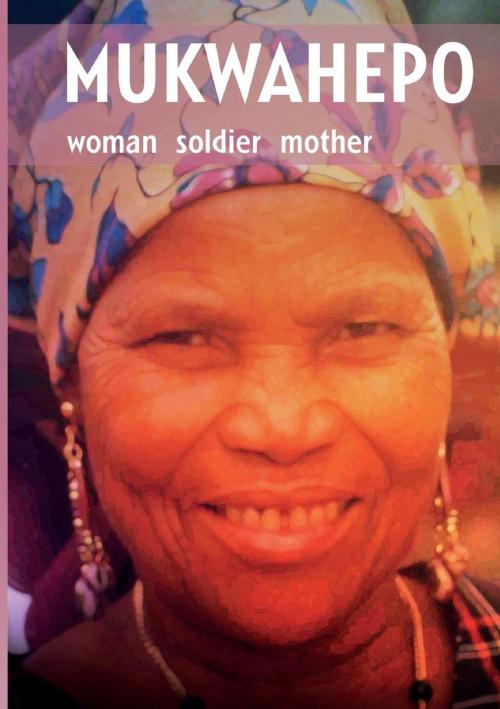| Author: | ISBN: | 9789991642215 | |
| Publisher: | University of Namibia Press | Publication: | October 22, 2013 |
| Imprint: | University of Namibia Press | Language: | English |
| Author: | |
| ISBN: | 9789991642215 |
| Publisher: | University of Namibia Press |
| Publication: | October 22, 2013 |
| Imprint: | University of Namibia Press |
| Language: | English |
In 1963 Mukwahepo left her home in Namibia and followed her fiance across the border into Angola. They survived hunger and war and eventually made their way to Tanzania. There, Mukwahepo became the first woman to undergo military training with SWAPO. For nine years she was the only woman in SWAPO's Kongwa camp. She was then thrust into a more traditional women's role - taking care of children in the SWAPO camps in Zambia and Angola. At Independence, Mukwahepo returned to Namibia with five children. One by one their parents came to reclaim them, until she was left alone. Already in her fifties, and with little education, Mukwahepo could not get employment. She survived on handouts until the Government introduced a pension and other benefits for veterans. Through a series of interviews, Ellen Ndeshi Namhila recorded and translated Mukwahepo's remarkable story. This book preserves the oral history of not only the 'dominant male voice' among the colonised people of Namibia, but brings to light the hidden voice, the untold and forgotten story of an ordinary woman and the outstanding role she played during the struggle.
In 1963 Mukwahepo left her home in Namibia and followed her fiance across the border into Angola. They survived hunger and war and eventually made their way to Tanzania. There, Mukwahepo became the first woman to undergo military training with SWAPO. For nine years she was the only woman in SWAPO's Kongwa camp. She was then thrust into a more traditional women's role - taking care of children in the SWAPO camps in Zambia and Angola. At Independence, Mukwahepo returned to Namibia with five children. One by one their parents came to reclaim them, until she was left alone. Already in her fifties, and with little education, Mukwahepo could not get employment. She survived on handouts until the Government introduced a pension and other benefits for veterans. Through a series of interviews, Ellen Ndeshi Namhila recorded and translated Mukwahepo's remarkable story. This book preserves the oral history of not only the 'dominant male voice' among the colonised people of Namibia, but brings to light the hidden voice, the untold and forgotten story of an ordinary woman and the outstanding role she played during the struggle.















